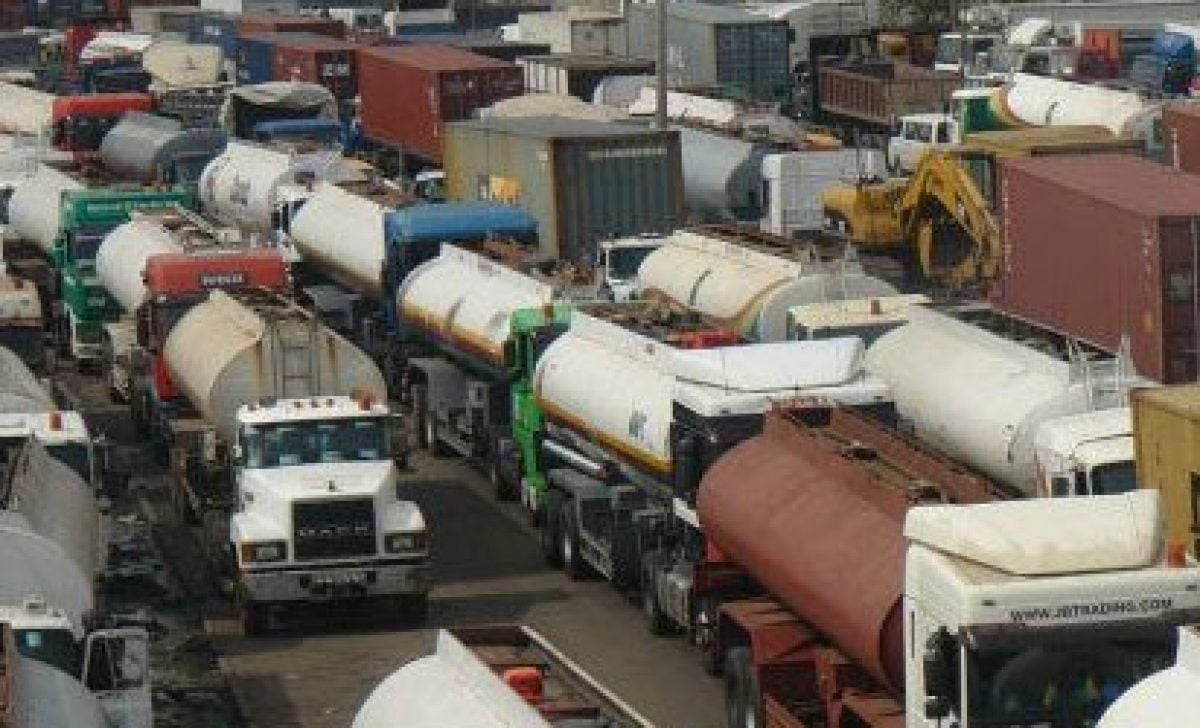
Keep up with the latest news and be part of our weekly giveaways and airtime sharing; follow our WhatsApp channel for more updates. Click to Follow us
The National Association of Road Transport Owners (NARTO) has raised concerns over the Federal Government’s plan to ban tankers with a 60,000-liter capacity due to the increasing number of accidents involving fuel tankers.
NARTO’s President, Yusuf Othman, in an interview with NAN in Abuja on Sunday, stated that such a decision would result in a loss of N300 billion in investments by the tanker owners.
Reports from NAN indicate that the Federal Government, via the Nigerian Midstream and Downstream Petroleum Regulatory Authority (NMDPRA), is contemplating a ban on petroleum tankers with a 60,000-liter capacity due to the frequent accidents and fatalities involving these tankers.
The NMDPRA had proposed reducing the tanker capacity limit to a maximum of 45,000 liters to reduce accidents, explosions, and deaths.
In addition to regulating the tanker’s carrying capacity, the NMDPRA has implemented several other safety protocols, including the installation of anti-spill safety valves, public education against scooping fuel at accident sites, and regular meetings with stakeholders.
The regulatory body believes that the recurring accidents are due to noncompliance with these safety regulations.
However, Othman pointed out that the issue causing the accidents is not the use of 60,000-liter tankers, but rather the state of the roads, the condition of the vehicles, and the drivers’ capabilities.
He mentioned that 2,000 trucks, each with a 60,000-liter capacity worth N150 million, amounting to N300 billion in investments, are currently transporting petroleum products nationwide.
Othman clarified that some of these investments were financed by commercial banks, while others were personal investments by the tanker owners.
“Every truck owner is an investor and every investment is done with a view to get a return.
“We have about 2,000 trucks worth about N150 million each, which is about N300 billion. It will not be fair for them to go down the drain; we are trying to see if there is a win-win situation.
“We all are not happy with the recent development that led to loss of lives and we pray that it will not be repeated again. It’s a huge monumental loss, as well as a monumental loss of investments.
Please don’t forget to “allow the notification” so you will be the first to get our gist when we publish it.
Drop your comment in the section below, and don’t forget to share the post.








